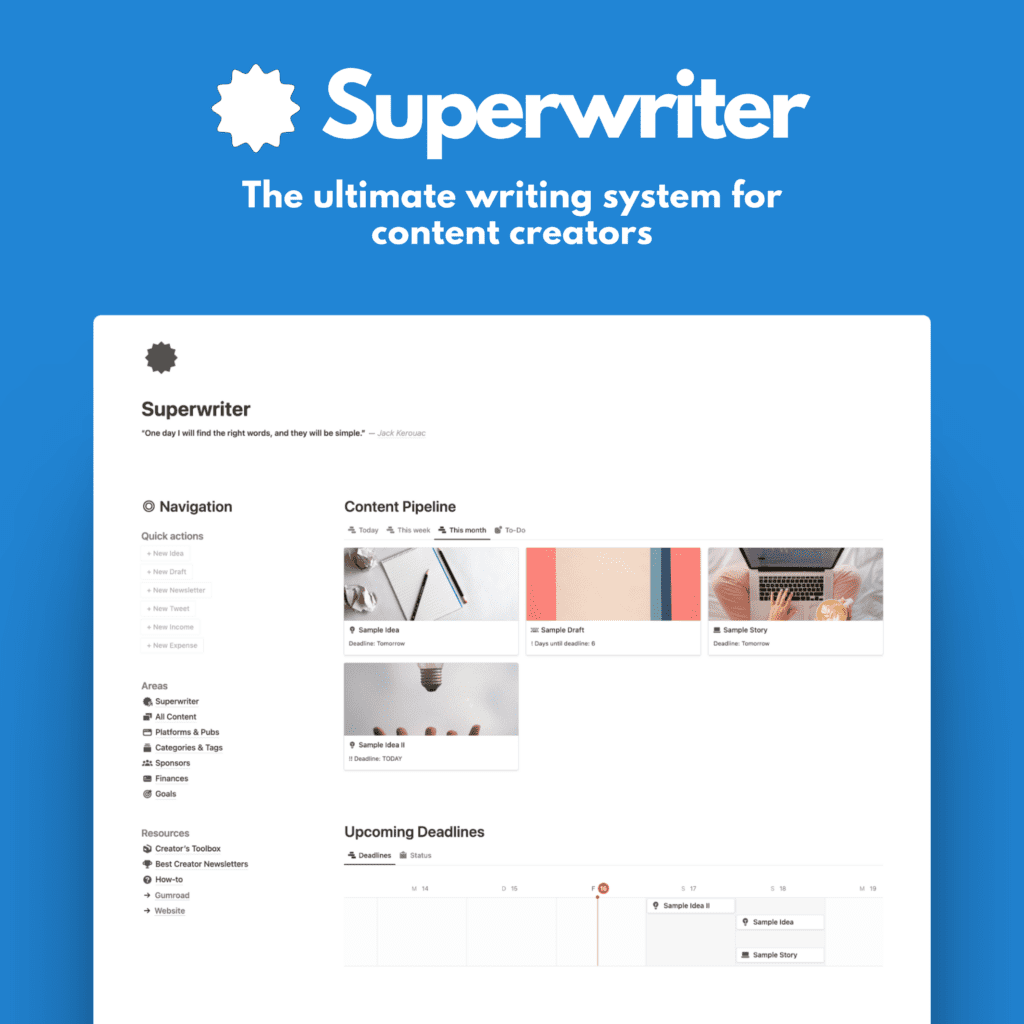In the world of fashion, sustainability and ethical practices have become buzzwords that brands can no longer ignore.
As consumers become more conscious of their choices’ environmental and social impact, the need for transparency and accountability has never been more crucial.
But sustainability is everywhere nowadays. With fancy names like recycled stuff, reused, rework, organic, or eco-friendly.
How much of it is true?
Which brands truly walk the talk, and which ones are merely greenwashing their way into our wallets?
Good On You
Enter Good On You, a comprehensive platform dedicated to the ethics and sustainability in the fashion industry.
With a well-designed website and a good amount of valuable information, Good On You helps you decide on the brands you buy.
Rating system
Good On You rates fashion brands on a scale of 1 to 5, taking into account factors such as environmental impact, labor practices, animal welfare, and supply chain transparency. A rating of 1 is considered poor, while a 5 represents excellence in sustainable and ethical practices.
But the real power of Good On You lies in its ability to crack preconceived notions about brand reputations.

Take, for instance, the comparison between fast fashion giant H&M and the eco-friendly darling Everlane.
I’d expect a good difference between the two. According to Good On You, though, H&M at 2 out 5 is only marginally worse than Everlane at 3 out of 5.
“Consumers are often swayed by clever marketing campaigns and trendy narratives. But at Good On You, we dig deeper, analyzing the hard data and holding brands accountable for their actions, not just their words.”
Surprises
The surprises don’t stop there.
Fast fashion giant Zara scores the same 2 out of 5 as sports giant Adidas. Nike at least cracks the 3 stars.
“Price is no guarantee of ethical practices. We’ve found that some of the most affordable brands are leading the way in sustainability, while some luxury brands are lagging behind.”
Top ratings anywhere?
So, what does it take to earn a coveted 5-star rating from Good On You?
Brands like Armedangels, a German sustainable fashion pioneer, have mastered the art of balancing style with responsibility. And Good On You shows this with 5 out 5.
And for denim aficionados, alternatives like Mud Jeans and Nudie Jeans offer eco-friendly options without breaking the bank. Levis on the other hand is only a 3 out of 5.
What’s even better?
But even the most sustainable brands cannot match the environmental impact of simply buying less.
“Ultimately, the most sustainable choice is to reduce consumption.”
In the age of conscious consumerism, platforms like Good On You are great to make informed decisions on what and where to buy. But ultimately, not buying will always be the most eco-friendly option.
Or you can hit the vintage stores. I hear old stuff is in style.








